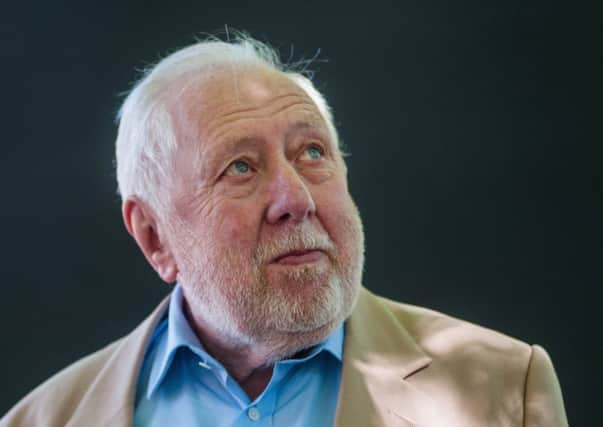Age hasn't lessened Roy Hattersley's ability to enthral


He would love to believe that after death he would once again see his father, a priest who left the Church to marry his mother, or maybe walk once more with his dear departed Buster. But he can’t.
What he can do, as he has at every Book Festival since the first one in 1983, is enthral an audience, speaking entirely without notes, pulling ideas together with now only slightly faltering fluency. For his latest book, a history of post-Reformation Catholicism on these islands, that involves the little matter of 57 popes, 17 monarchs, two countries, innumerable martyrs, and 500 years of persecution, prejudice, pride, Pugin, piety, prelates and politics. He was going to stop at Vatican Two in 1962, then thought he’d better bring the story up to date, so added Poles and paedophile priests too.
Advertisement
Hide AdAdvertisement
Hide AdWhat fascinates him about Catholicism is its certainty, the absolute conviction that would make someone face death in a slow fire rather than recant their faith. What fascinated this listener about him is his intellectual curiosity. Why, he asks, were there no great Catholic novelists in the 19th century? Why did England peel away so easily from the Catholic Church in the 16th? Why don’t we talk “Bloody Elizabeth” when she killed more Catholics than “Bloody Mary” killed Protestants? Why do the English not know that Spain actually sent five armadas against them, not just one?
Mixing small scale-stories with sweeping historical movements, this was the tour de force Edinburgh has come to expect from Hattersley.
“I can’t believe nobody asked me about Strictly,” said Judy Murray at the end of her event, before chair Ruth Wishart duly obliged. But in a way, it’s the least interesting thing about her. Her battle to give her two sons the opportunities their talents deserve, and to turn Scottish tennis into a lot more than a backwater sport was altogether more intriguing.
Along the way she came up against rank misogyny as well as blinkered sports bureaucracy. “What can she offer to performance coaching when she has two kids?” one rejected candidate moaned when she beat him to a place on a coaching course. Well, he kens noo.